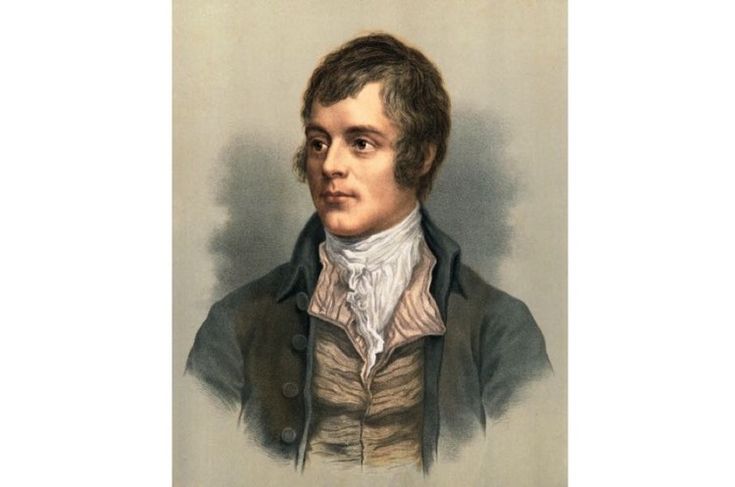There’s said to be no celebrations quite like it, as Burns Night – which will be widely celebrated across Scotland – as natives, some wearing traditional Scottish attire and listening to fabled music, it promises to be yet another colourful night to mark the life and death of the poet Rabbie Burns. The 18th century poet was best known for composing poems such as Auld Lang Syne, Tam o’Shanter and Ae Fond Kiss, with his distinctive, witty voice woven into the very fabric of Scottish culture.
Originally starting when his friends made a pact to celebrate his life every year on July 21 – the date of his death – over the years it became tradition to celebrate Burns Night on a different date. It is now celebrated on January 25 - the poet and writer’s birthday instead.
The first Burns Supper was held in 1801, and since then new rituals have been added as families and friends come together. However, the main purpose of the day is still to celebrate Burns, often considered one of the greatest Scots in history.
The Scottish Parliament considers the celebration of Burns Night each year to be a key cultural heritage event. The Parliament welcomes the annual celebration to mark the Bard’s birthday; they considered that Burns was one of the greatest poets and his work has influenced thinkers across the world noting that Burns' first published collection, Poems Chiefly in the Scottish Dialect, also known as the ‘Kilmarnock Edition’, published in 1786, did much to popularise and champion the Scots language.
They considered that this is one of his most important legacies; believing that the celebration of Burns Night is an opportunity to raise awareness of the cultural significance of Scotland and its status as one of the indigenous languages of the country. It further believes in the importance of the writing down of the Scots language to ensure its continuation through written documentation, as well as oral tradition.
As well as a joyous array of song and dance, there will also be the Burns Supper which is the highlight of the day. Many will celebrate with friends and family (only this year that will be kept strictly within households and support bubbles) who will feast on different dishes including, of course, haggis.
Despite the travails of this year’s Covid restrictions, with a few less after parties expected, there's still a chance to soak up Scottish culture, indulge in the traditional dish of haggis, neeps and tatties and bond over a warming dram of whisky at one of the many dos being held tonight – and well into early February.











